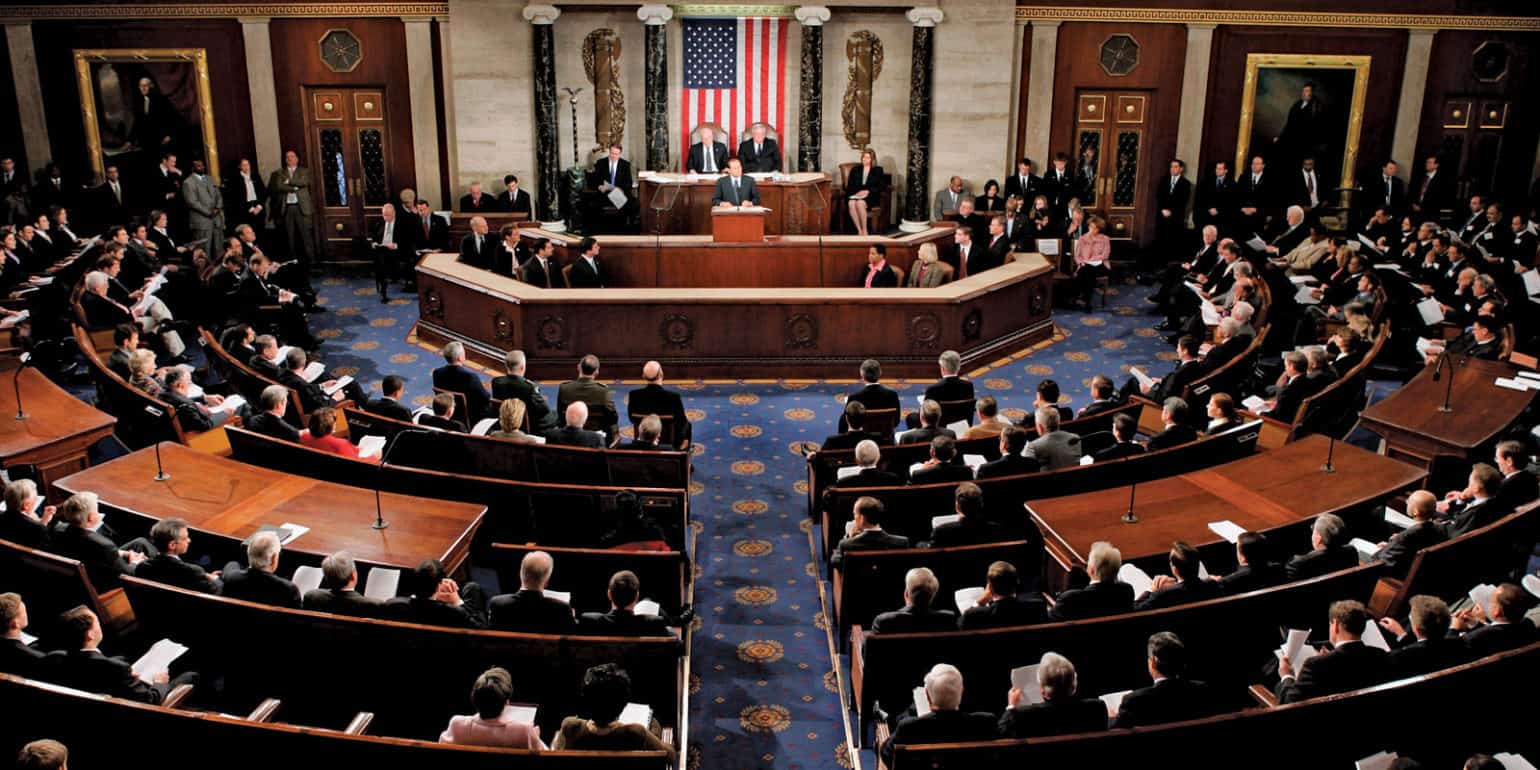Following its passage by the House Financial Services Committee, the CBDC Anti-Surveillance State Act, a piece of legislation that aims to prohibit “unelected bureaucrats in Washington” from establishing a central bank digital currency (CBDC), has moved forward one step further on its path through the legislative process.
The first anti-CBDC bill in the United States passed out of the Financial Services Committee today! A historical step in defending against an ever-expanding government surveillance state. https://t.co/1XXSEHOhNC
— Tom Emmer (@GOPMajorityWhip) September 20, 2023
The proposal, which was proposed by Congressman Tom Emmer (R-MN), attempts to prevent the Federal Reserve from distributing a Central Bank Digital Currency (CBDC) to private users. Emmer is a supporter of cryptocurrencies. CBDCs have also been referred to by Emmer as “financial surveillance tools.” A number of people running for president, including the governor of Florida, Ron DeSantis, and Robert F. Kennedy Jr., have voiced their opposition to CBDCs for reasons that are generally the same.
Emmer highlighted the fact that the measure has received the backing of sixty other members of Congress already. In his comments about the judgement made by the committee, Emmer once again emphasized the perils of governmental control over currency and how it is incompatible with the ideals held in the United States.
American values. American values. This is what the future global digital economy needs. If not open, permission-less, and private — just like cash — a central bank digital currency is nothing more than a CCP [Chinese Communist Party] style surveillance tool that can be weaponized to oppress the American way of life.
Congressman Tom Emmer
The Federal Reserve has been looking into the idea of issuing a CBDC; however, an official said earlier this month that the central bank was not even close to producing the CBDC at this point. In December of the previous year, the Federal Reserve published a paper that analyzed the benefits and drawbacks of a CBDC.
The law prohibits the use of such a tool in the conduct of monetary policy as well, which the European Central Bank has stated might be both weakened and strengthened by CBDCs in various ways, indicating that it is “by no means straightforward.” The measure also prohibits the use of such a tool in the conduct of tax policy. Stablecoins that are issued on the private market, such as Circle’s USD Coin (USDC) and Tether’s USDT, are unaffected by this measure.
The support for the law, like support for many other crypto-related topics, fell along party lines. Despite having 60 Republican co-sponsors, not a single Democrat on the Committee voted in favor of moving forward with the proposal, and there were 20 Democrats who voted against it. Representative Brad Sherman (Democrat of California), who is opposed to the measure, gave a speech in which he termed the bill’s supporters “hypocritical” for favoring privately managed cryptocurrencies over those that are issued by central banks. He remarked, “I’d be willing to support this bill if it also ended crypto”.















































